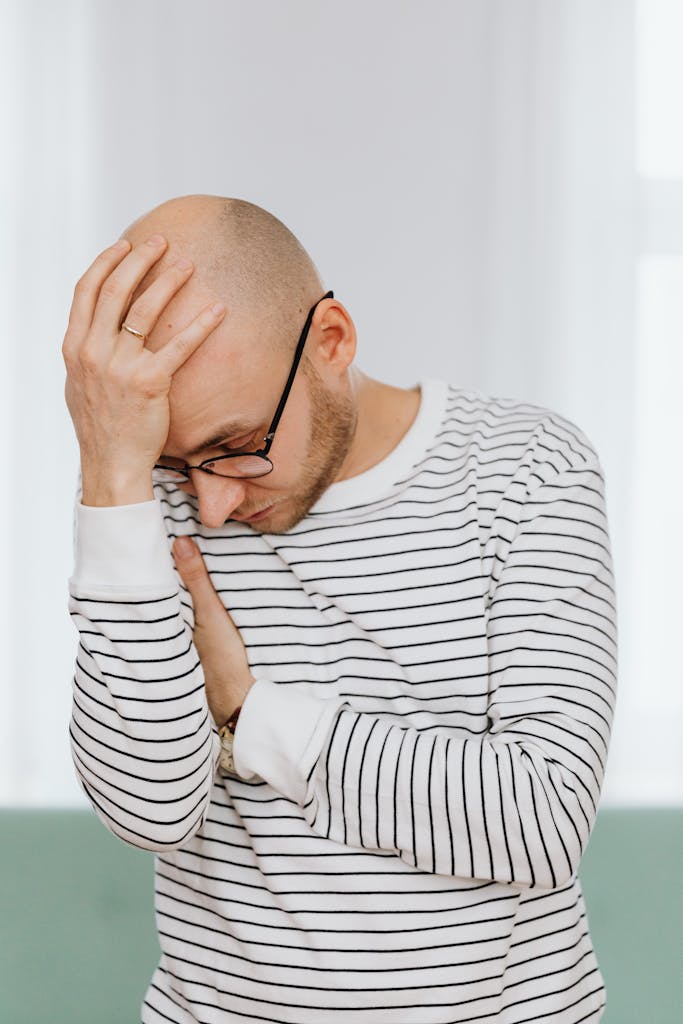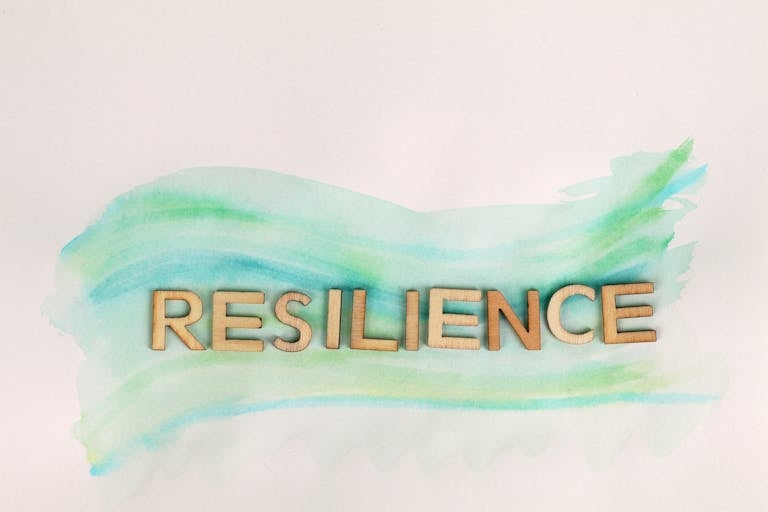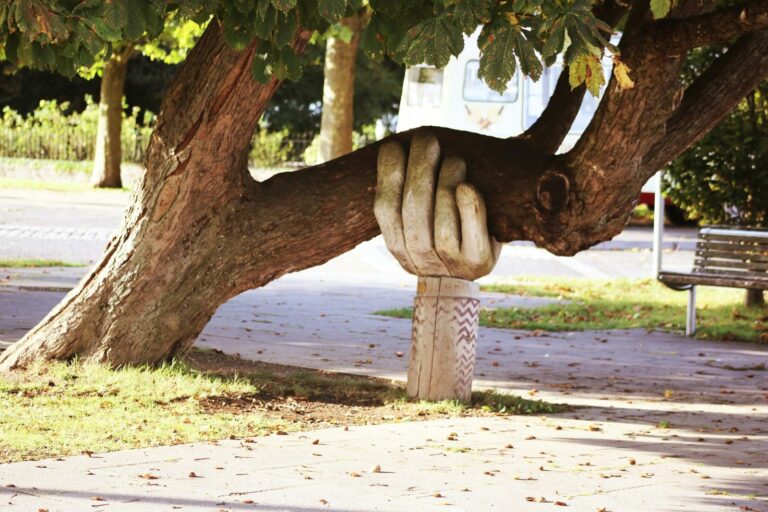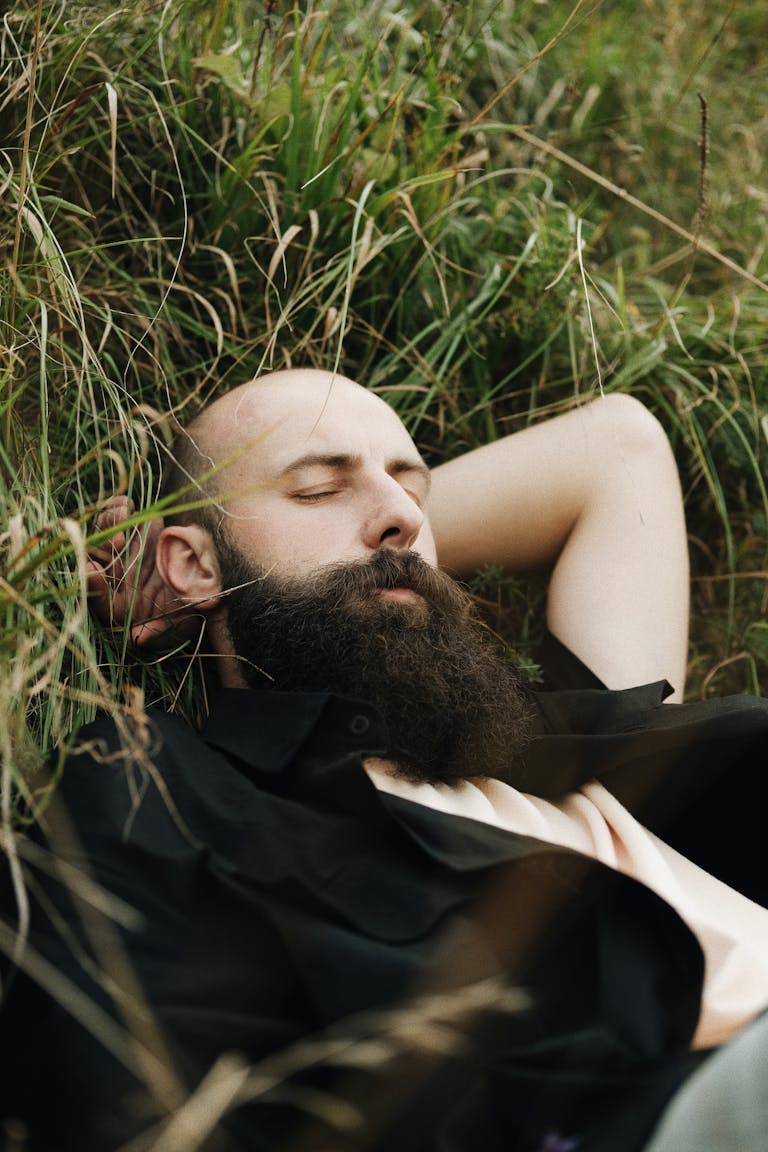Understanding the Psychological Impact of Balding
This is the first chapter of our masterseries: Resilience in Balding, where we discuss the mental challenges of balding and how to take control over your mindset.
When you start losing your hair, it’s not just about your looks. Society loves to make hair this huge deal; Think youth, success, and all that. So, when it starts thinning, it’s natural to feel like you’re losing part of your identity. Self-esteem takes a hit, anxiety kicks in, and yeah, it can be a rough ride.
The thing is, this is normal. The psychological impact of baldness is real, and acknowledging that is the first step in dealing with it. But you’ve got to realize that losing hair doesn’t define you, it’s just part of the journey.
Building balding mental strength is all about taking control of how you think about hair loss. Learning to shift your mindset and developing strategies for emotionally coping with balding will help you to fight back. Embrace who you are, with or without hair.

The Emotional Rollercoaster of Balding
That first bald spot? It feels like a punch to the gut. It’s normal to feel shocked or even a little heartbroken, like you’re losing a part of yourself. You might go through a mix of emotions, such as frustration, sadness or anger before you start to accept it.
Everyone handles their emotional state differently. Some find support by talking it out with friends, others dive into fitness or hobbies to distract themselves. And if it’s really tough to handle, talking to a professional can help you develop emotional coping strategies. The key is to be patient with yourself and recognize that this emotional rollercoaster is part of the process.
Common Mental Hurdles: Anxiety, Depression, and Self-Esteem
Hair loss can bring up some serious mental health challenges. One of the most common types of anxiety is worrying about how others see you. This fear can make social interactions stressful and lead to avoidance behaviors, where you might start skipping events or isolating yourself to avoid judgment. The good news? Recognizing these feelings can help you develop emotional coping mechanisms and start building your balding mental strength.
Depression is another mental hurdle that many face. The gradual loss of hair can feel like losing control over your appearance, leading to feelings of hopelessness. For some, hair loss may seem like an unfair blow that chips away at their self-esteem. These feelings are valid, and it’s crucial to address them head-on. Whether through counseling or simply talking with friends, professional support is always an option if you find it difficult to manage.
Self-esteem issues are closely tied to hair loss perception. Society often equates hair with beauty and strength, which can make you feel less confident as you lose yours. But here’s the thing: baldness doesn’t define who you are. By focusing on the qualities that make you unique, you can start to shift the narrative around your identity. Building emotional coping skills, such as surrounding yourself with supportive people and focusing on your strengths, can help lift your self-esteem and empower you as you embrace the next phase of your life.
Society’s View vs. Reality
Society hasn’t always been kind to baldness, and stereotypes around hair loss have persisted for decades. From movies to ads, we’re constantly hit with the message that hair equals attractiveness, strength, and youth. The media hasn’t helped much either. From movies to ads, hair is often portrayed as a symbol of youth, success, and desirability. This constant reinforcement of societal beauty standards makes it even harder for guys experiencing hair loss to accept themselves. So, it’s no wonder you feel pressure when you start losing hair.
But here’s the reality: Baldness isn’t a sign of weakness or aging. Tons of people, from everyday dudes to celebs, are redefining what it means to rock a bald head. I can’t highlight enough that: You can own it too! Don’t let outdated stereotypes control how you see yourself. You’ve got the power to shift that narrative! Once you do, you’ll discover how freeing and empowering it is.
The Stress-Hair Loss Cycle
Stress and hair loss go hand in hand, feeding off each other. Stress can cause hair loss through conditions like telogen effluvium, where hair follicles enter a resting phase, leading to excess shedding. And when you start losing hair, it can create even more stress. This feedback loop can make it hard to break free from the emotional strain that hair loss brings. Here is a fantastic paper from the National Institute of Health if you want to dive in deeper.
How to break that cycle and manage your stress:
- Get moving! Exercise can reduce stress hormones and boost your mood.
- Try mindfulness or meditation to help calm your mind.
- And don’t forget about your diet. A proper diet supports both your mind and your hair health.
Managing stress can help you regain control and build the mental strength to tackle hair loss head-on.
Final Thoughts
Losing your hair isn’t easy, but it doesn’t have to break you either. The psychological impact of baldness is real, but with the right approach, you will turn it into a source of strength. Develop strategies for emotional coping with hair loss and you will cultivate bald mental strength that goes far beyond appearance. You’ve got this; hair or no hair.






